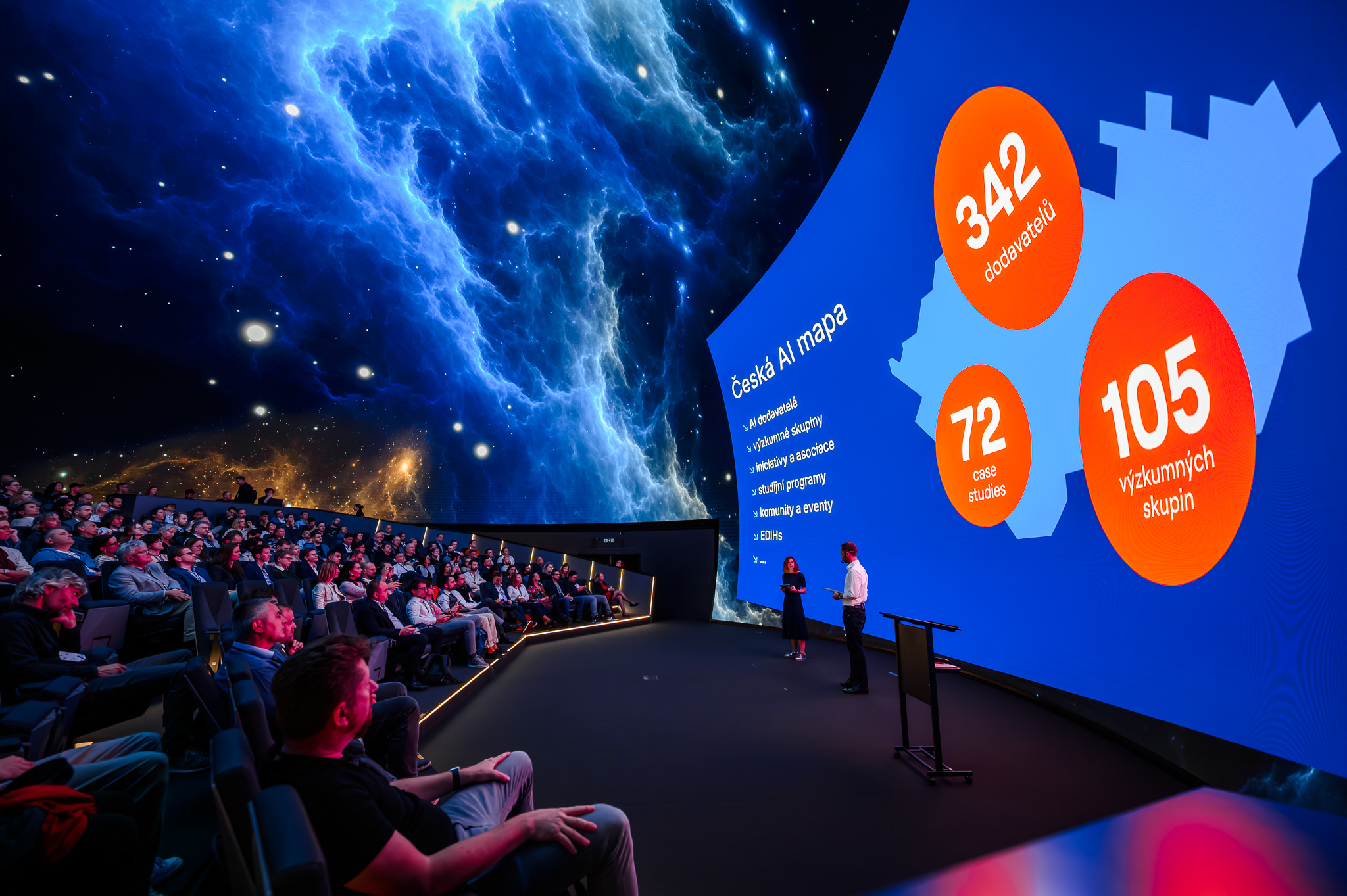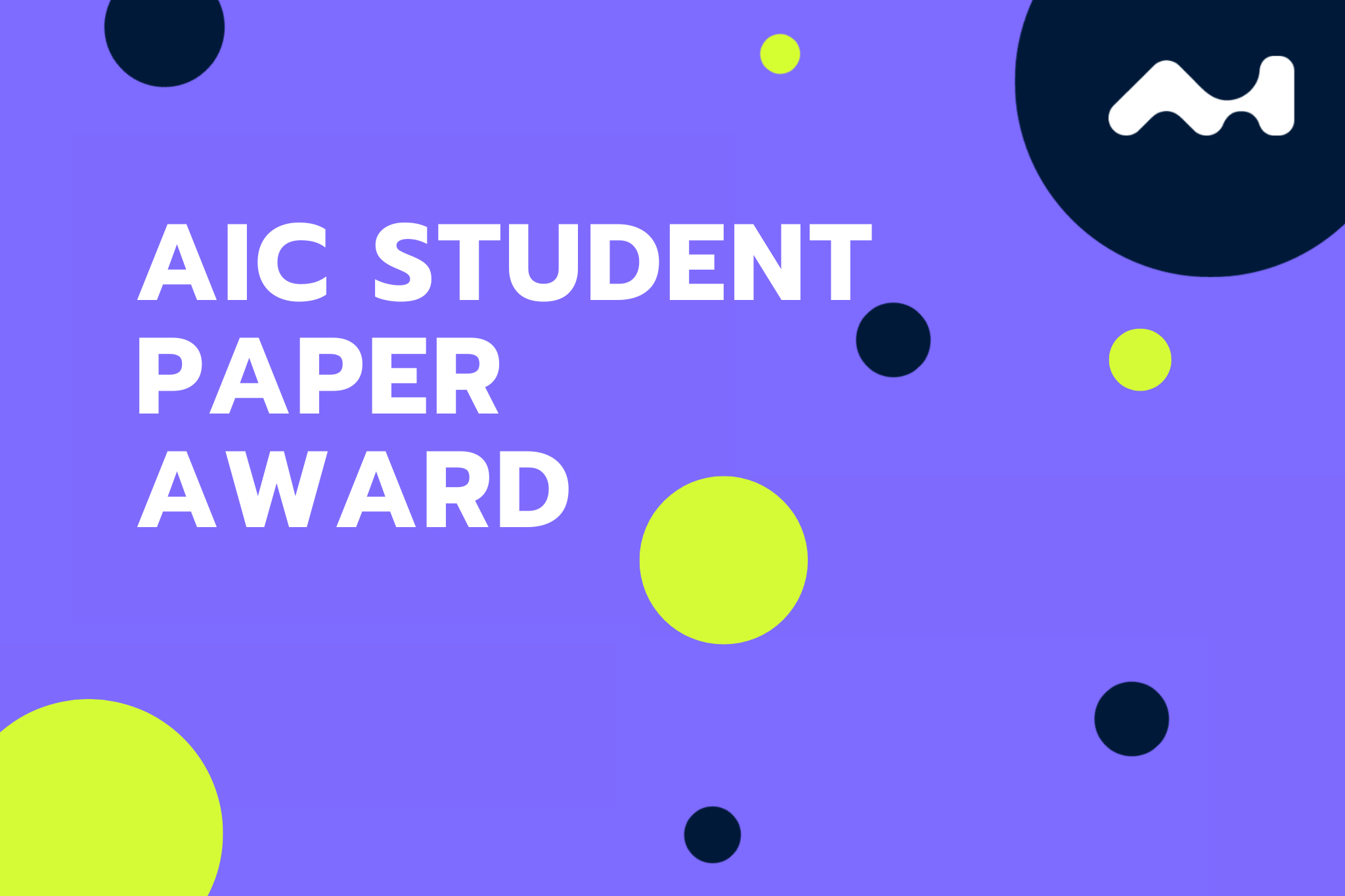The team led by our Ph.D. student Šimon Mandlík won the programming competition in algorithmic sports betting.
On Saturday, November 26, the finals of the Qminers Quant Hackathon took place at FEE CTU. The competition in algorithmic sports betting was organized by the Department of Computer Science FEE CTU (Intelligent Data Analysis group – IDA) and the technology company Qminers. The absolute winner was the four-member Shimando team led by Ph.D. student Šimon Mandlík. Thanks to a smart strategy, they defeated 29 university teams from across the Czech Republic. Together with the teams from the Faculty of Mathematics and Physics, which finished in 2nd and 3rd place, they divided the total financial reward of CZK 100,000.

LEADERBOARD
– 1st place (CZK 60,000) – Shimando (Faculty of Electrical Engineering CTU)
– 2nd place (CZK 30,000) – Greenhorns (Faculty of Mathematics and Physics, Charles University)
– 3rd place (CZK 10,000) – Matfyzácká zmeska (Faculty of Mathematics and Physics, Charles University)

Defeating the hockey bookmaker with algorithms
The participants were asked to design a betting strategy using machine learning and defeat a virtual hockey bookie. The qualification round, which preceded the finals and lasted almost a month, was rather critical. During this period, students had access to validation data on which they tested the development of predictive models. Based on the profit received, they could try which investment strategy works best.

The best solution? The easiest one!
In the finals, the teams received new data. At this point, the stakes were high. During the all-day-long programming competition, the students gained insight into their results and how they compared to others, so that they could consider a possible shift in strategy. Captain Šimon Mandlík described their approach which led to winning: "We implemented a whole bunch of strategies. It was nice that we had a similar, but not exactly the same task assigned as a qualification, during which we could try different solutions. In the end, however, the principle of Occam's razor proved its worth – the simplest solutions turned out to be the best one," said Mandlík. "What we did was a combination of a special ranking of the sports teams according to performance inspired by the ELO system from chess, as well as a careful study of the way the bookmaker listed the bets," he explained the uneasy path to victory.

The members of the winning Shimando team met during their studies at the FEE CTU. Captain Šimon Mandlík, an alumnus of Open Informatics and a current Ph.D. student at the Department of Computer Science, invited Václav Voráček (also an alumnus of Open Informatics who is now a Ph.D. student at the University of Tübingen, Germany), Vojtěch Čermák (an alumnus of Faculty of Mathematics and Physics, Charles University and current Ph.D. student at the Department of Computer Science) and Martin Rektoris (student in the Master’s Cybernetics and Robotics program at FEE CTU). They all have a clear idea of how they will spend (or rather invest) the 60,000 CZK award. "We will use our algorithm to bet on the current World Cup in football," revealed Mandlík with a bit of exaggeration.
Algotrading scientifically and in practice
The competition brief was created by researchers from the Intelligent Data Analysis group – IDA together with Qminers whose business lies in algorithmic trading on the stock exchange (so-called algotrading). Students in the hackathon were thus able to try out the principles that are commonly applied in practice. According to the organizers, the growing trend of automated trading using machine learning algorithms is the reason for such a large participation of students in the competition. "I am glad that there is so much interest in this programming task. The topic is attractive to both researchers and students, so it's great that they can get their hands on it through the competition," said researcher Gustav Šír from the IDA group, who, together with colleagues Ondřej Hubáček and Matej Uhrín, is behind the development of the game system.

"Organizing the competition is very meaningful to us because we meet with smart students who can get excited about what we are doing," added Martina Zátopková from Qminers. At the hackathon, she welcomes the friendly atmosphere that prevailed throughout the day. "Especially the informal part after the competition, when the students shared their experiences and impressions with each other, was very successful. Networking is important for young people, and I'm glad that we provided this opportunity to students," the event's organizer sums up the benefits.
This year it was the second edition of the Qminers Quant Hackathon. Both organizers plan to continue with the event in the following years. Students can find more information on the hackathon website.
%20(1).jpg)
.png)




